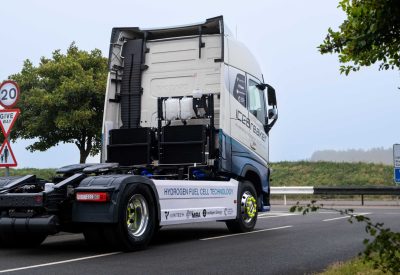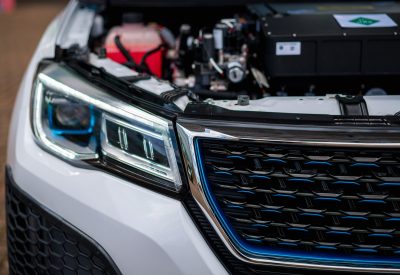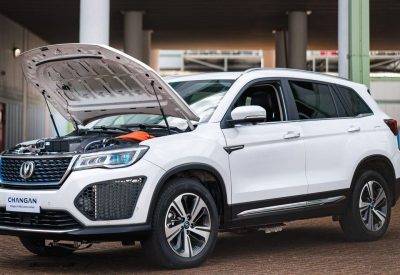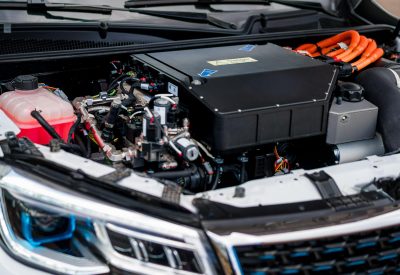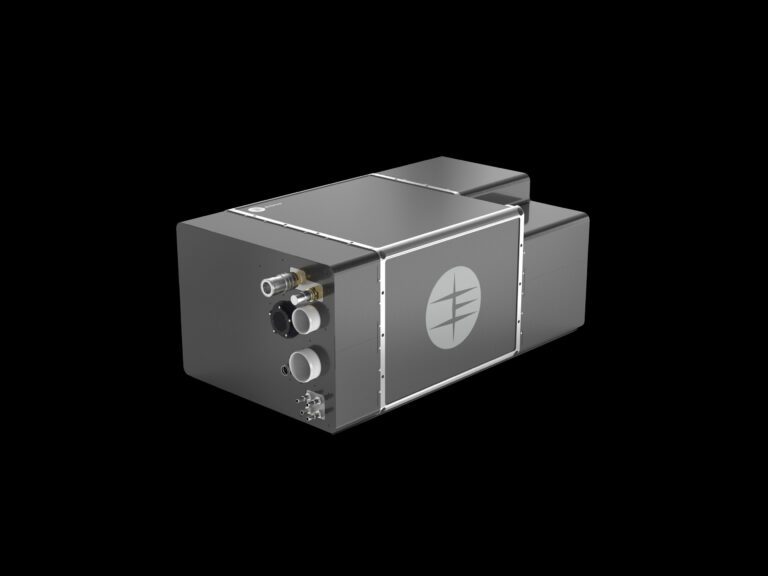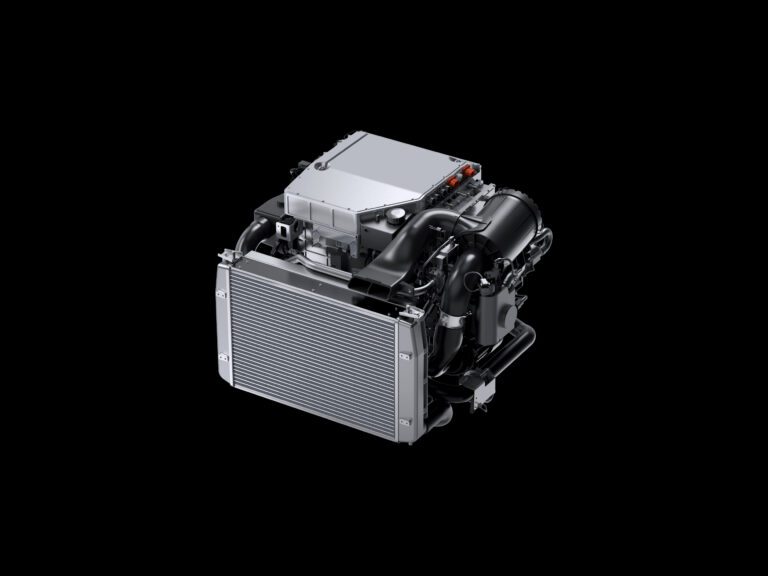Hydrogen fuel cells for cars
The rising demand for hydrogen-powered vehicles is driven by tightening zero-emission regulations and growing consumer interest in sustainable transport. In response, the global automotive industry is rapidly accelerating the development and production of electric vehicles across all classes.
While battery electric vehicles (BEVs) dominate the market, many manufacturers are also investing in hydrogen fuel cell technology as a complementary solution. Hydrogen fuel cells generate electricity on board by converting stored hydrogen through a clean electrochemical process – producing only water and heat as by-products, with zero harmful emissions.
Benefits of hydrogen fuel cells for automotive?
- No electrical charging – unlike electric batteries, hydrogen fuel cells don’t reply on electrical charging, reducing the impact on the electrical grid from mass vehicle charging.
- Work like an ICE vehicle – using hydrogen fuel cells in automotive won’t change the way that people use their cars or trucks, as the vehicles have large fuel tanks that refill in minutes at public filling stations.
- Sustainability & supply chain – fuel cells are 95% recyclable, whereas batteries have a significant carbon lifecycle footprint and reduced recyclability.
- More range with less weight – hydrogen fuel cells are lighter than batteries, so longer range can be provided practically and efficiently.
Our IE-DRIVE fuel cells
Intelligent Energy offers two hydrogen fuel cell systems built on a shared core stack technology. The IE-DRIVE™ HD100 is a compact, heavy-duty solution ideal for buses, trucks, and stationary power applications. In contrast, the IE-DRIVE™ 100 is a modular system designed for passenger cars and light commercial vehicles, offering maximum flexibility for integration across platforms.
Our hydrogen fuel cells for cars are suitable for long-range buses and heavy-duty trucks, where BEV technology struggles to provide enough range. For passenger vehicles, the fast refuelling and lower weight of our fuel cells help with applications such as large SUVs and taxis, where batteries are too slow to recharge and too heavy to be viable.

